Leaving Melide, first stop of the Primitive Way in the province of A Coruña, is difficult, especially after tasting its diverse gastronomy. But there is still a long way ahead before reaching Santiago de Compostela. Besides, pilgrims walking the french route can come along with you from this point of the Camino onwards.
READ MORE
The journey continues through Boente, where you can visit the church
of Santiago and get some fresh aire before beginning the climb that will take
us to Fraga Alta. A place renowned
for its lime kilns, where, according to tradition, pilgrims originally walking
the french jacobean route must drop the stones they had picked up in
Triacastela.
After a small climb, the Camino
gives the pilgrim a breath and descends to the Iso river.
On the other side of
the medieval bridge is Ribadiso de
Abaixo, step prior to entering Arzúa.
A town famous for its cheese, Arzúa-Ulloa with
Designation of Origin, and the festival they celebrate in March revolving
around its star product. Pilgrims from both the Northern Way and the Primitive
Way cross paths in its streets, since it is the first connection point of the
two routes. From here on out, three Caminos go hand in hand, each with its
different stages, until reaching Santiago de Compostela.
The shadows of the forests and
the green meadows will make the journey a bit lighter for the pilgrim until
reaching Salceda, already in the O
Pino council, and gathering strenght to climb up to O Empalme. Eucalyptus trees will mark the path down to Santa Irene, were you can visit the
chapel and the baroque fountain. Close to 2 kilometers separate this town from
the end of the stage in O Pedrouzo,
the penultimate stage before we’re able to witness the Catedral de
Santiago.
Tips from our postmen and women
What to see and do in Arzua?

“If going through Arzúa the 8th and 22nd day of each month, the pilgrim can visit the local market with the town’s typical products. Besides, the first weekend of March we celebrate the Fiesta del Queso (“Cheese Festival”), with a sampling of cheeses, both local and from other areas. We also have environmentally friendly fairs, the honey festival… most of them as a way to praise the great products we have".
Accommodations Melide - Pedrouzo
Image gallery
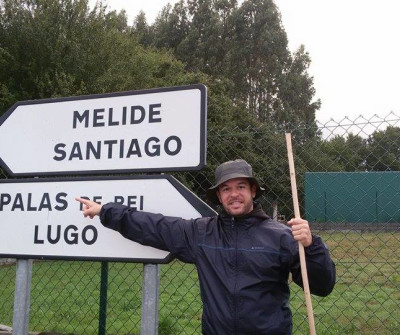
Salida hacia Melide por el Camino Primitivo
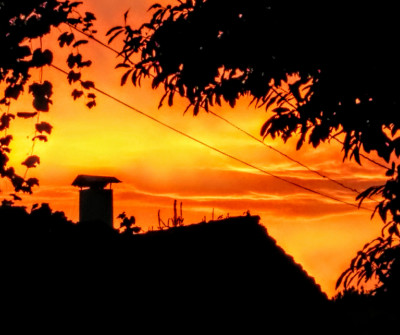
Anochecer en Arzúa
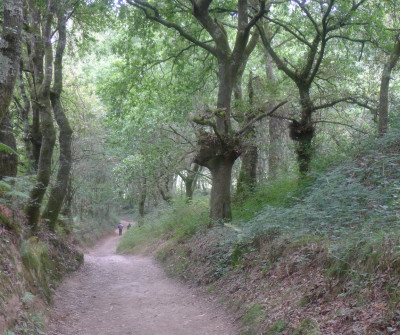
Camino Primitivo entre Melide y O Pedrouzo
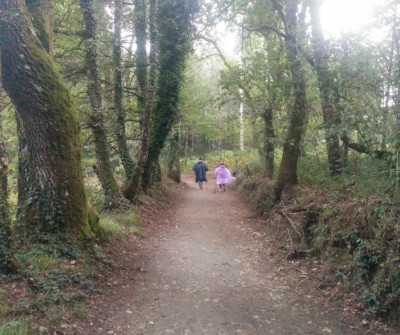
Camino Primitivo a su paso por Arzúa
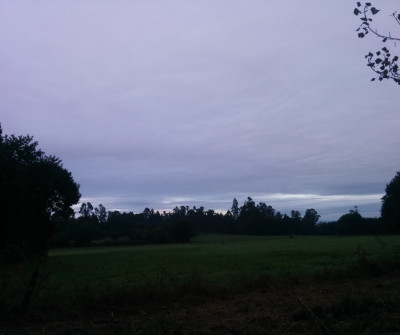
Etapa Melide - O Pedrouzo del Camino Primitivo
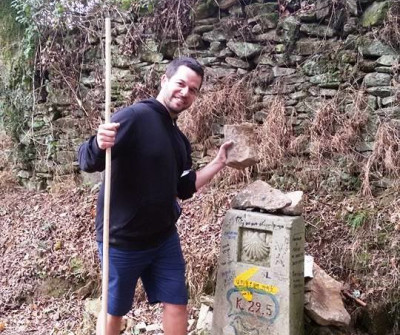
Peregrino recorriendo el Camino de Santiago en dirección Arzúa
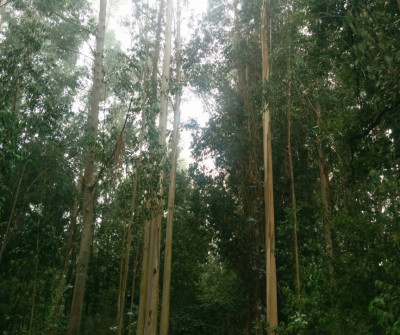
Paisajes boscosos antes de llegar a O Pedrouzo
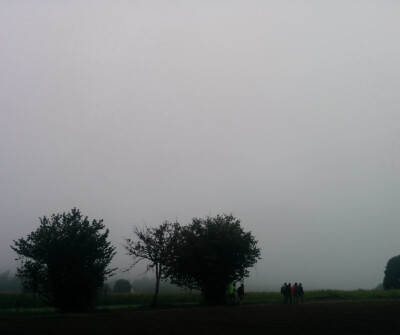
Niebla en O Pedrouzo
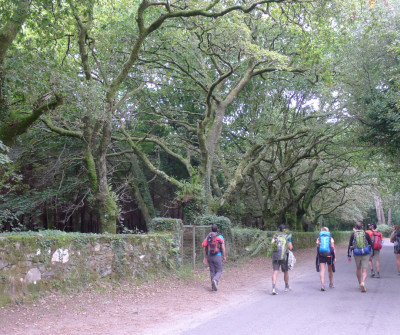
Paisaje próximo a O Pedrouzo
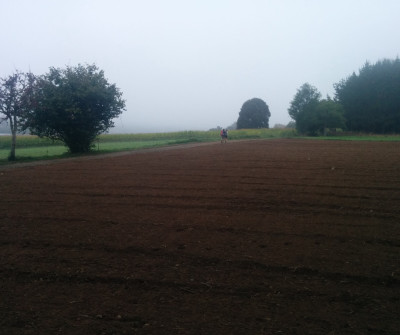


 Filter
Filter